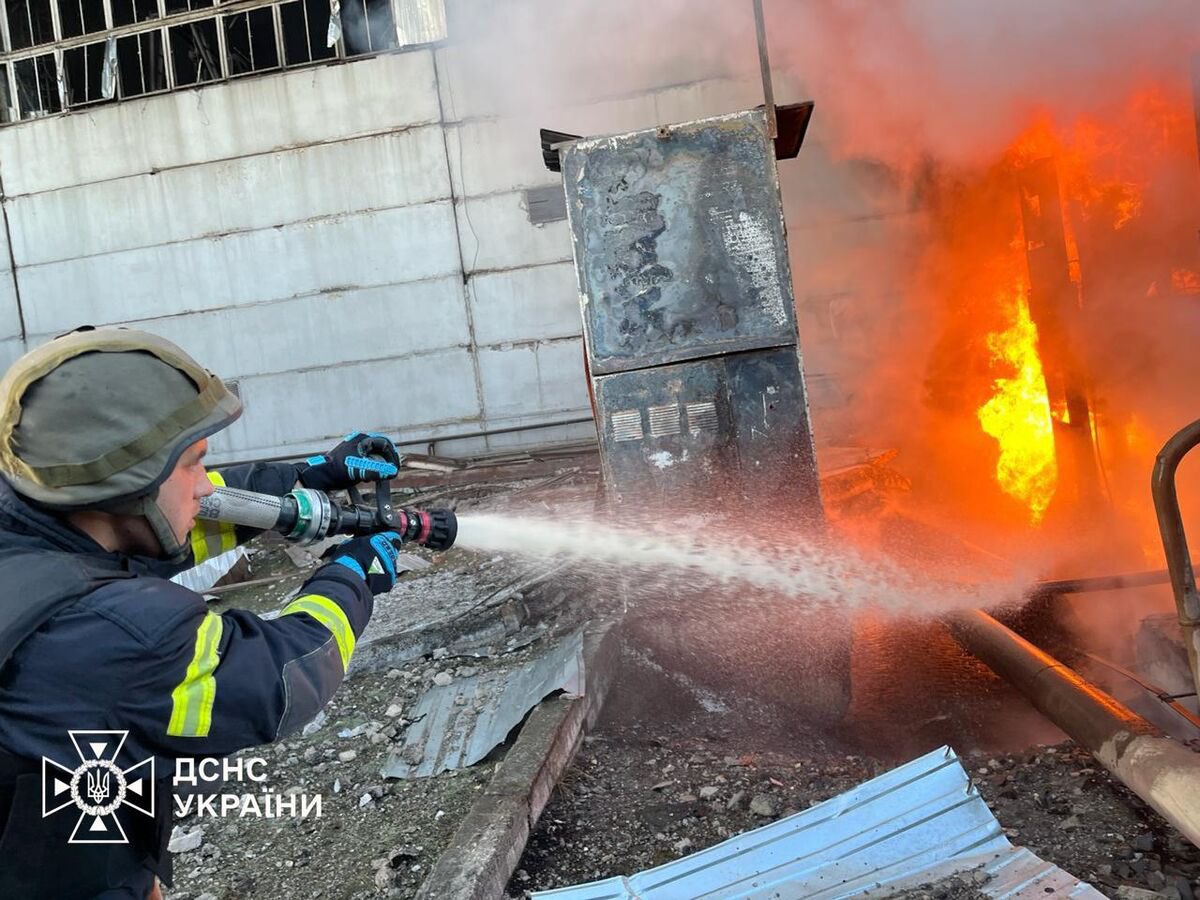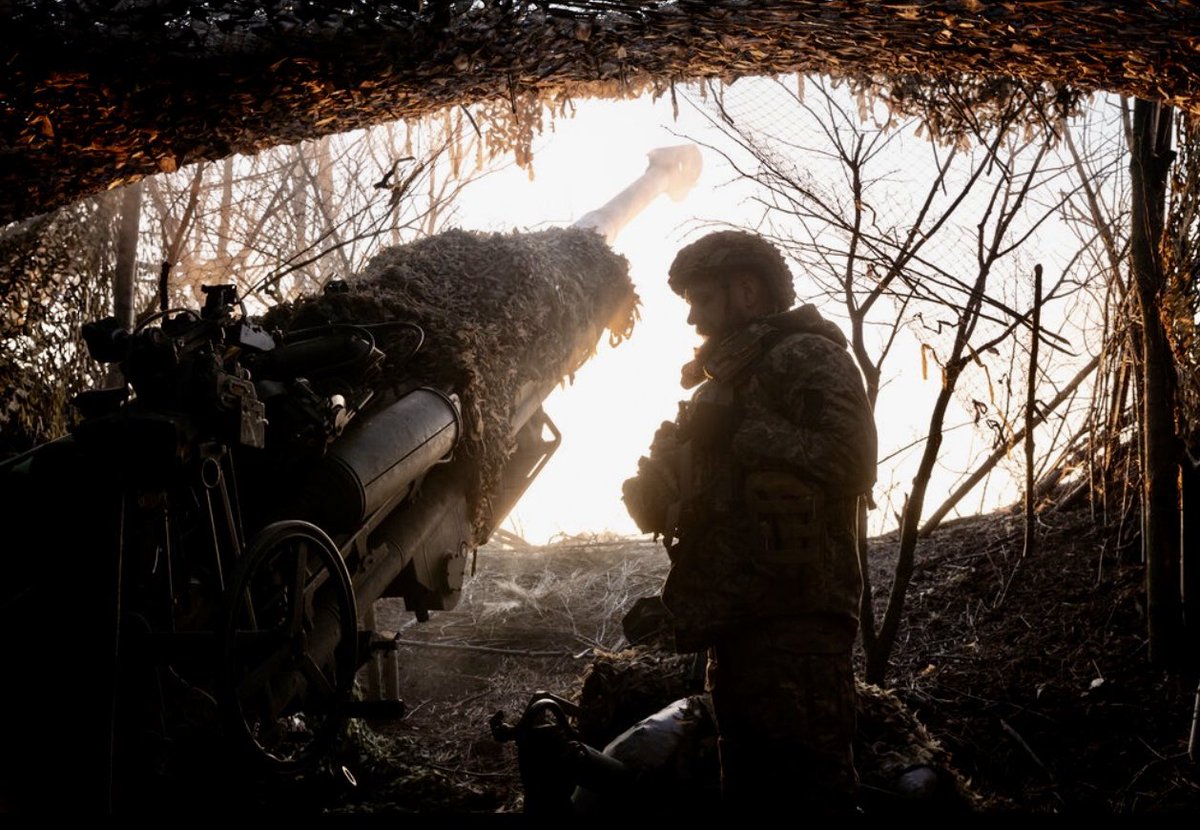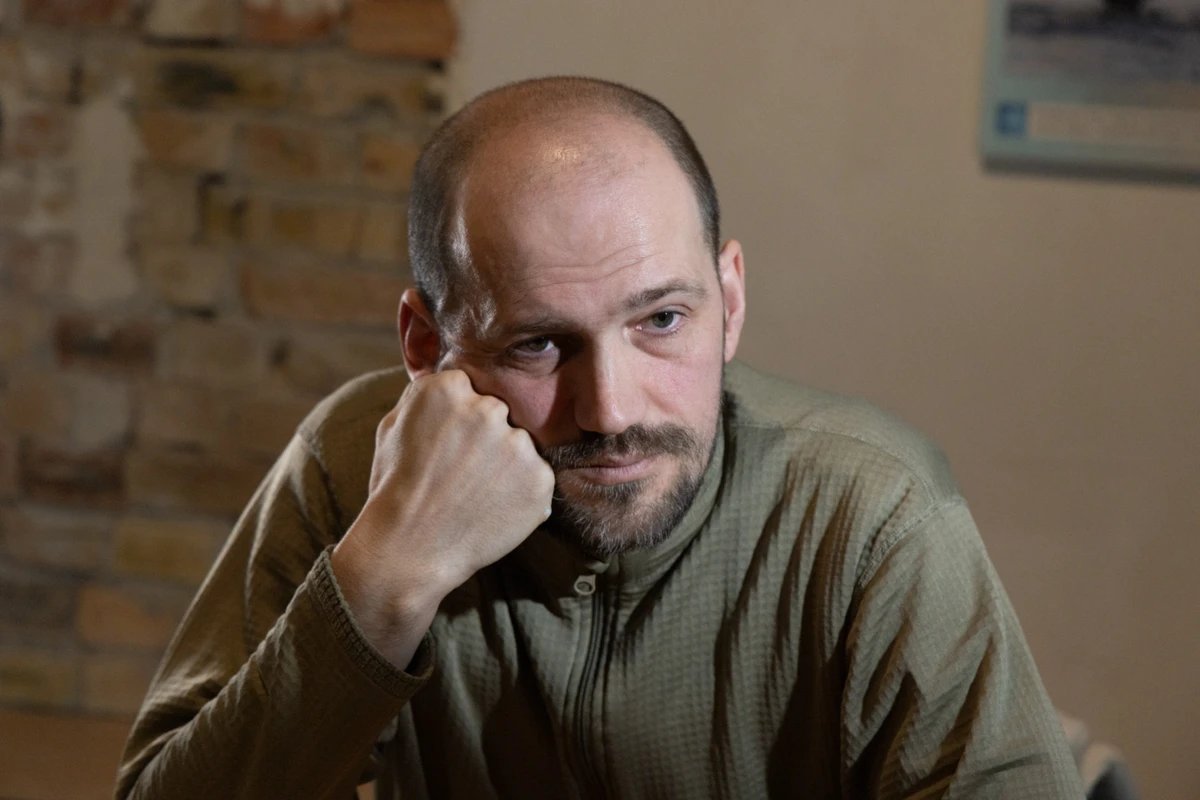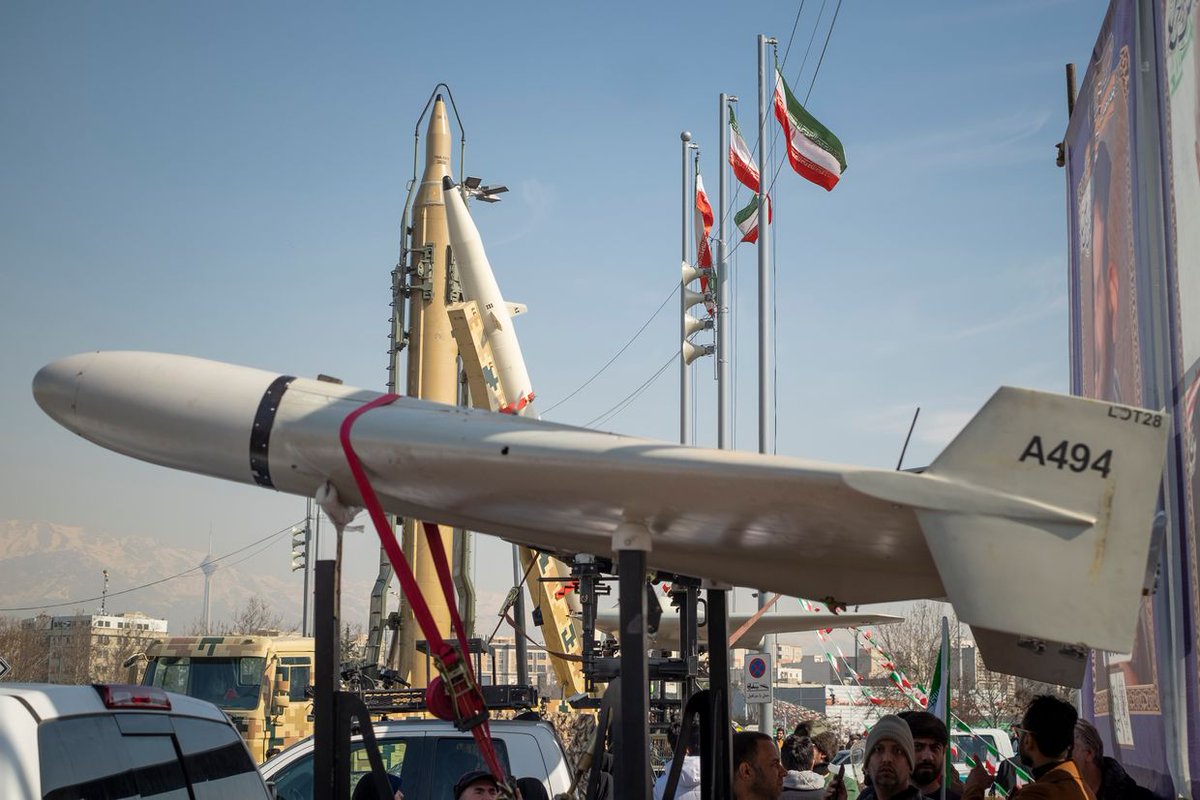The war in Ukraine starts to escalate.
Evidence:
1. On April 11 Russia destroyed the largest power plant in Kyiv 1/
Evidence:
1. On April 11 Russia destroyed the largest power plant in Kyiv 1/
Russia used the latest X-69 to strike at Trypillia TPP, which more advanced than "Kinzhal"
X-69 is a subsonic cruise missile with the range of about 400 km 2/
X-69 is a subsonic cruise missile with the range of about 400 km 2/

2. On April 11, Russia attacked two Ukrainian underground gas storage facilities
Bloomberg reports that this attack propelled Europe’s prices: European gas futures rose as much as 9.5% 3/
bloomberg.com/news/articles/…

Bloomberg reports that this attack propelled Europe’s prices: European gas futures rose as much as 9.5% 3/
bloomberg.com/news/articles/…

3. In addition, Russia damaged a large number of power facilities across the country.
Bloomberg: Moscow used more than 80 missiles and drones, U.S. envoy says situation is 'dire' 4/reuters.com/world/europe/r…
Bloomberg: Moscow used more than 80 missiles and drones, U.S. envoy says situation is 'dire' 4/reuters.com/world/europe/r…
3. These attacks with dozens or hundreds of missiles and drones have been steadily increasing
The UN Assistant General Secretary: We are appalled by the increase in civilian casualties as a result of these relentless attacks. 5/
The UN Assistant General Secretary: We are appalled by the increase in civilian casualties as a result of these relentless attacks. 5/

4. According to the Office of the High Commissioner for Human Rights, at least 126 civilians were killed and 478 injured in March.
This is a 20 per cent increase compared with the previous month.6/
dppa.un.org/en/mtg-sc-9600…

This is a 20 per cent increase compared with the previous month.6/
dppa.un.org/en/mtg-sc-9600…

5. In March, Office of the High Commissioner for Human Rights also recorded a total of 12 medical facilities and 32 educational facilities destroyed or damaged. 7/
6. On Sunday, Monday and Tuesday, Ukraine’s Zaporizhzhia Nuclear Power Plant was attacked for the first time since November 2022. Russia accuses Ukraine, Ukraine accuses Russia of the attacks 8/ bbc.co.uk/news/world-eur…


Gen. Christopher G. Cavoli, the top U.S. military commander in Europe, warned that Ukraine could lose the war with Russia if the U.S. does not send more ammunition to Ukrainian forces quickly. 9/
nytimes.com/2024/04/10/us/…

nytimes.com/2024/04/10/us/…

7. Frontline Ukrainian forces are rationing artillery shells due to lack of a reliable Western supplier, allowing Russian troops to outfire them 5-to-1, a ratio that could soon increase to 10-to-1 without additional U.S. aid. 10/
8. Russia has reconstituted its army faster than initial U.S. estimates, increasing frontline troop strength by 15% to 470,000 and expanding the conscription age limit. Russia plans to expand its military to 1.5 million troops. 11/
politico.com/news/2024/04/1…

politico.com/news/2024/04/1…

9. Russian missile attacks on Ukraine's energy system, bombardment of Kharkiv, and advances along the front are stoking fears that Ukraine's military is nearing a breaking point. 12/
bloomberg.com/news/articles/…

bloomberg.com/news/articles/…

Western officials say Ukraine is at its most fragile moment in over two years of war.
Ukrainian officials don’t comment on the “breaking point” but increasingly voice alarming pleas for weapons and air defense 13/
Ukrainian officials don’t comment on the “breaking point” but increasingly voice alarming pleas for weapons and air defense 13/
There is a risk of Ukrainian defense collapse which could enable Russia to make a major advance for the first time since the early stages of the war. The next few months will be Ukraine's toughest test. 14/
Ukraine's President Volodymyr Zelenskiy urged his country's allies to make good on their promises of military aid on Thursday, particularly in the form of desperately needed air defence systems as Russia scales up its air strikes 15/
reuters.com/world/europe/u…

reuters.com/world/europe/u…

So, in short, Ukraine is running out of air defense and weapons, and Russia is taking advantage of it.
Russia can break through unless the West overcomes its political infighting and dysfunctionality to provide support to Ukraine
16/
Russia can break through unless the West overcomes its political infighting and dysfunctionality to provide support to Ukraine
16/
Democracies are messy, I often hear, but it is the best system. True, but this mess currently makes democracies unable to effectively address Russian threat. It looks more and more like a lack of leadership rather than the usual weakness of democracies. 17X
• • •
Missing some Tweet in this thread? You can try to
force a refresh






